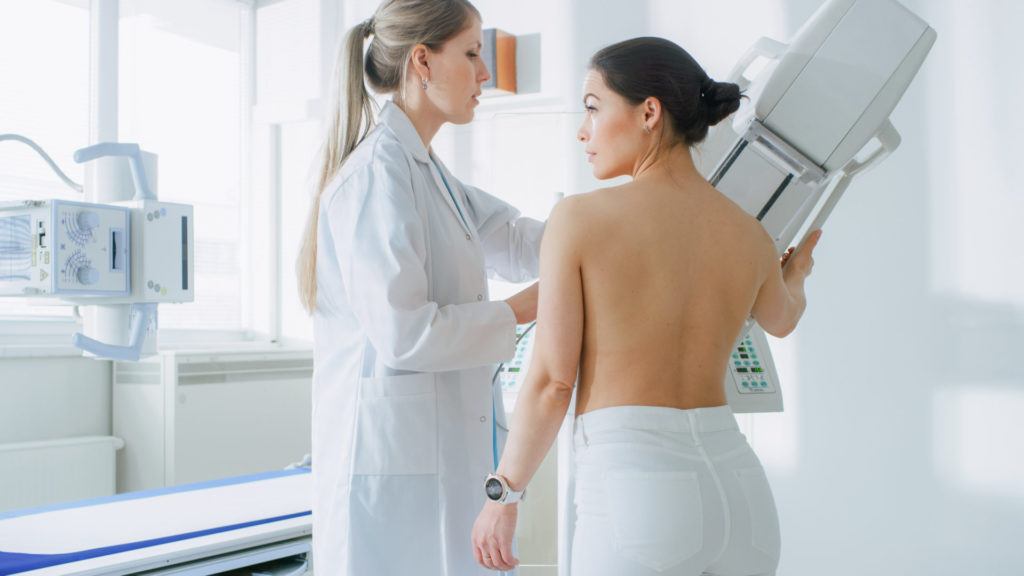Being diagnosed with cancer at any point is a monumental, life-altering event. The physical and emotional upheaval is seismic, but thankfully Australia has a world-leading healthcare system which helps individuals navigate things at a practical, treatment level.
For women diagnosed with breast cancer during COVID-19 however, this aspect of assurance has changed.
Kirsten Pilatti, the CEO of Breast Cancer Network Australia says the pandemic has impacted female patients in an unprecedented way. She describes the early weeks of restrictions as “madness”, navigating the uncertainty of how treatment would be changed and working with hospitals and health professionals who were already grossly overwhelmed.
*******
Get our weekly Women’s Health News, free in your inbox. Sign up here.
********
BCNA opened a helpline early on in the crisis which was open seven days a week to provide support to women and men who needed it.
The response was significant. People were calling every day “concerned they would be unable to access routine screening or too afraid to go into the hospitals for tests and scans,” says Pilatti.
Once things settled a little more following the first outbreak, BCNA compiled a national survey to delve deeper into the feelings and attitudes of those with breast cancer diagnoses. 2,300 women and men participated, with early findings exposing the desperate experience of too many Australians.
“The early findings revealed the true personal impact of the pandemic on breast cancer patients, including surgical delays and changes to treatment, as well as limited access to follow up care and feelings of isolation and loneliness,” Pilatti explains. Experiences which could ultimately lead to long-term impacts on the health care system, and the physical and emotional fate of patients.
Pilatti says that in the eight months since COVID-19 first hit for instance, there has been a massive reduction in breast cancer preparations and delayed diagnoses.
“Changes in health seeking behaviour and the availability of and access to essential diagnostic services will result in a large number of additional deaths from breast cancer,” Pilatti says, adding that “timely diagnosis and prompt initiation of treatment is vital.”
For patients seeking breast cancer reconstructions, the situation is especially grim.
The survey found that two out of every five women who wanted breast reconstruction surgery were unable to have it at the time they wanted due to COVID-related restrictions — a critical part of the journey for breast cancer survivors.
As such, BCNA is calling on state and territory governments to ensure, as they prepare their health care systems for post COVID-19, that they “consider the investment that is required to deal with surgical backlogs, manage the emotional risks and ensure that the Breast Cancer Optimal Care pathway is followed for all breast cancer patients,” Pilatti says.
“We know that there is already a significant disparity of care across Australia and we do not want this to widen as we manage the challenges of the pandemic,” she adds.
Today alone, 55 Australians will be told they have breast cancer. The same will happen tomorrow, and the next day. “Breast cancer is the most common cancer affecting Australian women”, says Pilatti and in 2020, over 20,000 Australians will be diagnosed with the disease.
October is Breast Cancer Awareness Month and provides an opportunity to focus on breast cancer and its impact on those affected by the disease in our community.
If you or someone you love has been affected by breast cancer then please reach out to our Helpline on 1800 500 258.


